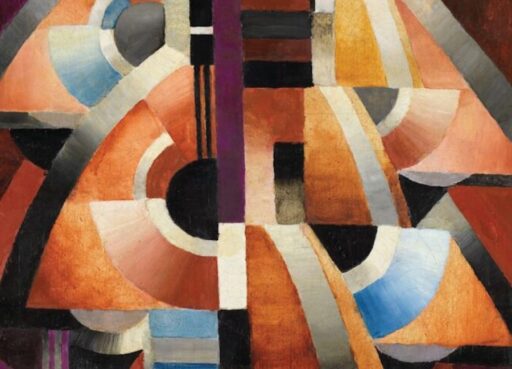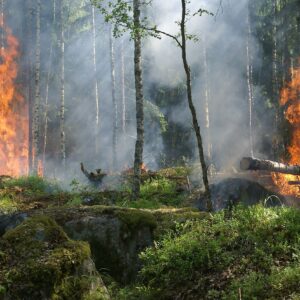Accessible yet mysterious: that’s my overall impression of Olga Sedakova’s poems in the volume Old Songs, published by Slant Books this month. Published, I should add, in English translation—with each poem also printed in the original Russian. Sedakova published this collection in Russia (actually then the Soviet Union) in the early 1980s, but it’s just now appearing in an English translation. Superbly helpful bonuses to this edition are translator Martha Kelly’s Introduction and a Foreword by Rowan Williams.
Accessible yet mysterious. Yes, that’s how I find these poems. As in these lines from “House”:
We’ll live a long, long time. We’ll build ourselves two tall houses: one of gold and one of gloom, and both will sound like the sea.
Or this from “Conclusion”:
In every word, you’ll find a road, a desolate path of passion. And what you know is possible is not what your tears are for, and your hope lies in something else.
Sometimes the mysteriousness is presented as paradox:
The dead don’t need a thing, not houses nor dresses nor hearing. There’s nothing they need from us. Not a thing, save everything on earth. (from #6 in the section called Third Notebook)
Or this from “Dedication”:
Remember, say I, remember, remember, I say, and weep: all will abandon, all will be changed, and hope is the thing that kills.
Or this delightful twist in “Sin”:
Tomorrow, we’ll get up early and go see the famed fortuneteller, we’ll pay a tidy sum to have her say to us that she can’t see a thing.
Nothing save everything; hope as killing; the unseeing fortuneteller: these are just some of Sedakova’s playful paradoxes.
There’s also playfulness elsewhere in Old Songs—
I used to think all kinds of things: that if anyone on earth is praised, I should be praised a hundred times more. For what? That’s not my problem. (from "Desire")
Or this from the opening (untitled) poem in the section called “Third Notebook”:
“Yes, it’s true that I’m in my grave,— but a person can forget all kinds of things!"
Sekadova offers this fun remark as the words of her grandmother, who—as Kelly notes in her Introduction—is a presence throughout Old Songs. The grandmother is the volume’s guiding spirit, we might say. The section “Second Notebook” is “dedicated to my grandmother.” Then the “Third Notebook” section is In memory of my grandmother Darya Semyonova Sedakova. And the fifth (untitled) poem in this section presents her grandmother as a visionary:
From a deep well as from a distant star, my grandmother looks out from each thing: “Nothing, we know nothing. And what we’ve seen, we cannot say. We go around like two beggars. We thank even those who don’t give. “For we know not a thing about anyone else.”
Again, accessible yet mysterious. The poet’s grandmother “looks out from each thing”—that is, she resides within each thing that exists. And from that imagined vantage point, she offers the pronouncement that “we know nothing” —about anything or “anyone else.” It’s the mystery of living in a universe of which we are totally ignorant. But Sedakova is never grim about this situation. She seems amused by it—often, as I’ve noted, even playing with it.
Playing. With sounds, too. There’s a lilting quality to these poems. Kelly points out in her Introduction that Old Songs was influenced by Russian oral cultures. And Rowan Williams, in his Forward, notes their “folkloric” quality and “balladic energy.” We can hear it in many of the verses I’ve quoted—as also in “Another Cradle Song”:
Sleep, little dove, or they’ll leave you behind, leave you behind and not look back, like a reaper who left her son at the edge of the barley field. And she reaps and wipes away her tears.
Kudos to Kelly for capturing in English the original Russian’s balladic feel.
Sekadova’s very title for this volume evokes the “oldness” of folk tradition: Old Songs. Old but speaking to us afresh. These are poems to sit with, often to smile with, certainly continually to be surprised by.
Peggy Rosenthal has a PhD in English Literature. Her first published book was Words and Values, a close reading of popular language. Since then she has published widely on the spirituality of poetry, in periodicals such as America, The Christian Century, and Image, and in books that can be found here.





